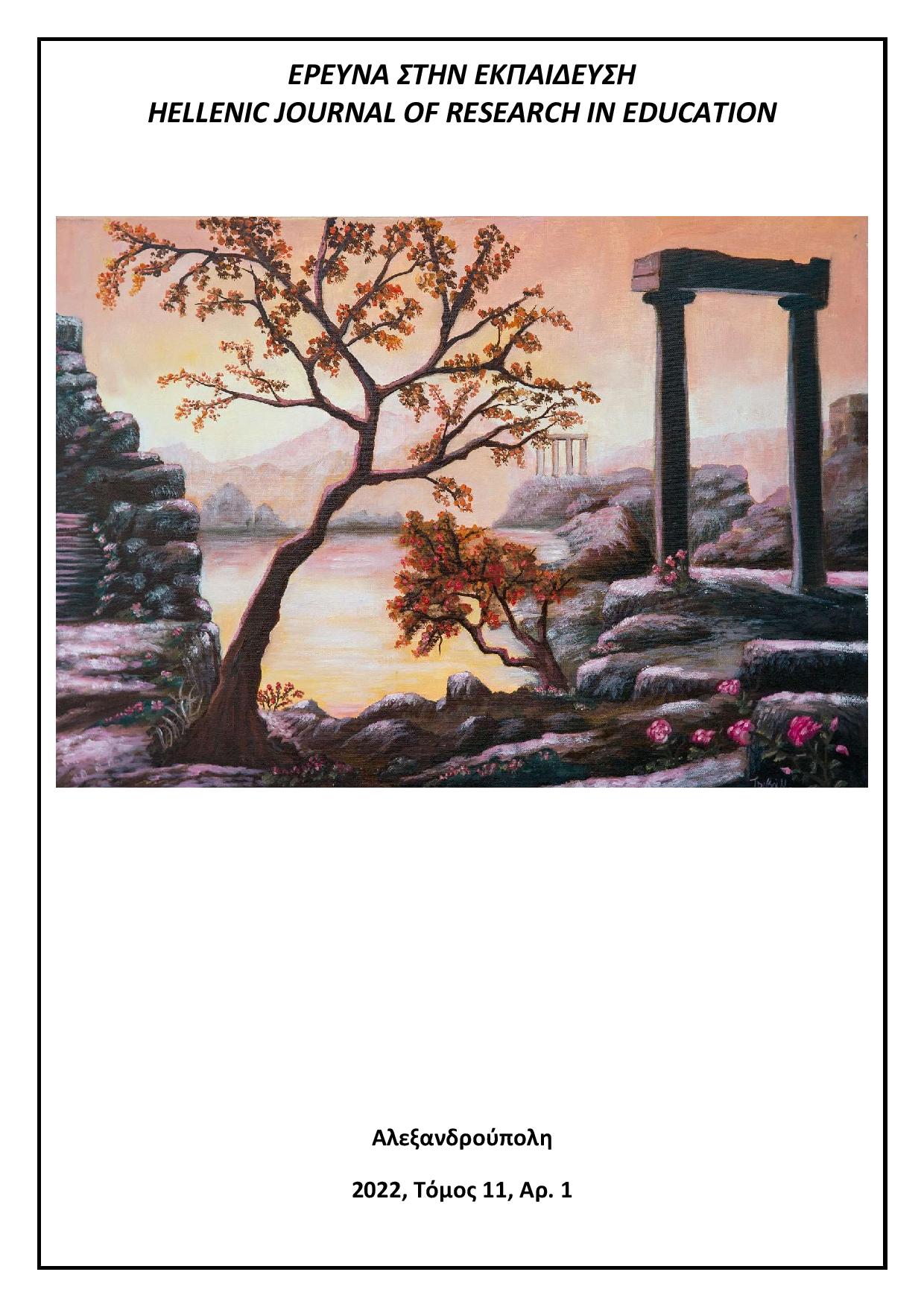"We shall secure that the younger generation are good Greek people for the future ahead of us...": the perception of the Greek antiquity by the 4th of August regime through the subject of Ancient Greek language

Abstract
The purpose of the current study is the investigation of the perception of the Greek antiquity by the regime of the 4th August 1936 penetrating the field of education. In particular, what is examined and discussed are the number of teaching hours as well as the syllabus of the subject of the Ancient Greek language in Junior High School and Vocational Schools based primarily on the published curricula, the timetables and the original resources of the era. The turn to the classical past with the intention to enhance the national identity had already begun in the 19th century and was leveraged intensely in the 1920s and 1930s by fascism and Nazism within the context of the education policy. Following the Asia Minor catastrophe and the fade of the concept of the Great Idea, the new identity of the Greek people was determined by the idealist intelligentsia of the time, who were in turn influenced by the rhetoric of totalitarianism, which rendered the classical past central. This was identified with moralistic preaching within the context of distancing themselves from the so-called negatively charged parliamentary system as well as communism which was on the rise. The adherence to the classical past penetrated education; the subject of Ancient Greek language being the most salient expression. The more liberal reform of 1929, according to which the subject was taught through excerpts translated into the language spoken at the time, was followed by the conservative governments of the 1930s which placed emphasis on the authentic language and the linguistic formalism. It appears that the regime of the 4th of August does not deviate from the existing classical dominance in education. The findings of the investigation concerning the syllabus in Junior High School revealed that despite the frequent reviews of the course outlines, the subject of the Ancient Greek language remains salient in all classes, its teaching hours outnumber those of other subjects, while the curriculum comprises texts aiming at instilling moralistic preaching, love of the homeland, heroism and submission to authorities. On the other hand, the examination of the curricula of Vocational Schools underline the attempt on the part of the regime to curb the classical orientation in the field of vocational training and adjust the course outline to the emergent necessities of the economy of the time, the Second World War looming on the horizon. For this reason, after Ioannis Metaxas was appointed Minister of Education in 1938, the Vocational Schools are independent of Secondary Education, the moralistic didactic school reader (Anagnostiko) is abolished and the Ancient Greek language is taught through translated excerpts in parallel with modern Greek texts.
Article Details
- How to Cite
-
Soulakakis, D. (2022). "We shall secure that the younger generation are good Greek people for the future ahead of us.": the perception of the Greek antiquity by the 4th of August regime through the subject of Ancient Greek language . Hellenic Journal of Research in Education, 11(1), 167–188. https://doi.org/10.12681/hjre.30766
- Issue
- Vol. 11 No. 1 (2022)
- Section
- Articles

This work is licensed under a Creative Commons Attribution-NonCommercial-ShareAlike 4.0 International License.
Authors who publish with this journal agree to the following terms:
- Authors retain copyright and grant the journal right of first publication with the work simultaneously licensed under a CC-BY-NC-SA that allows others to share the work with an acknowledgement of the work's authorship and initial publication in this journal.
- Authors are able to enter into separate, additional contractual arrangements for the non-exclusive distribution of the journal's published version of the work (e.g. post it to an institutional repository or publish it in a book), with an acknowledgement of its initial publication in this journal.
- Authors are permitted and encouraged to post their work online (preferably in institutional repositories or on their website) prior to and during the submission process, as it can lead to productive exchanges, as well as earlier and greater citation of published work (See The Effect of Open Access).


